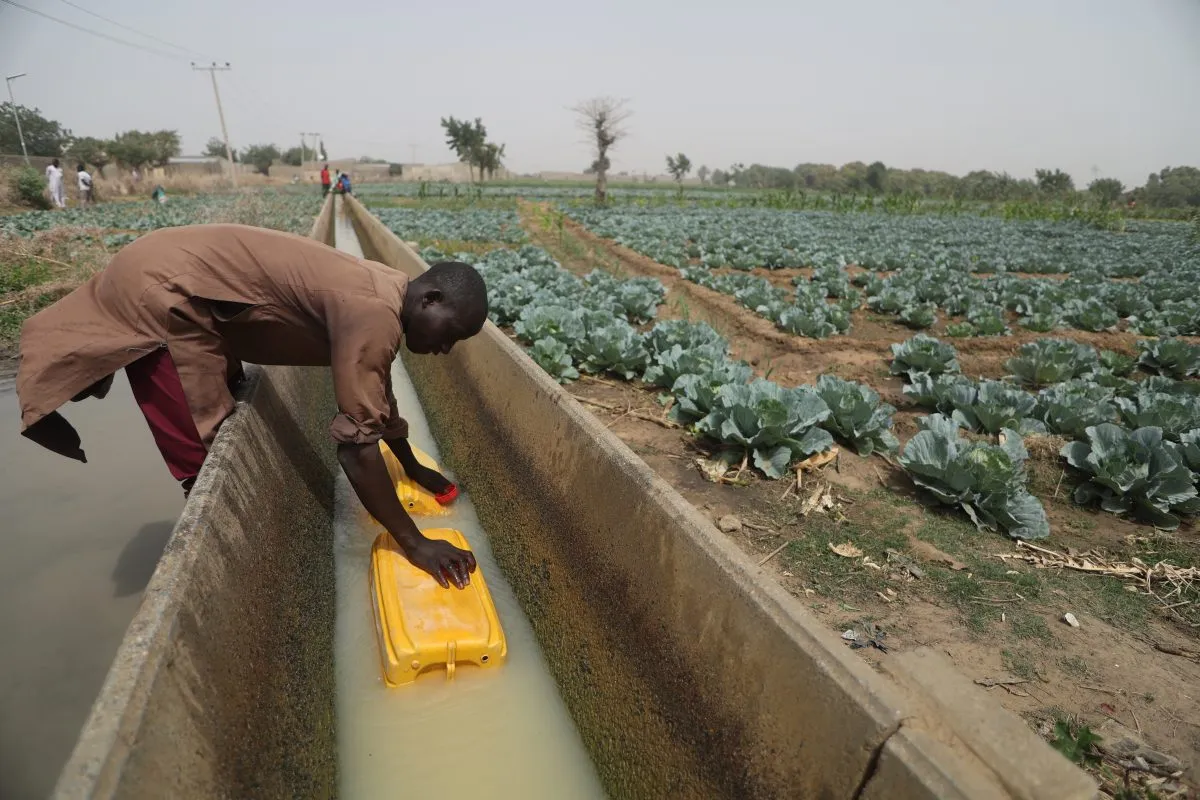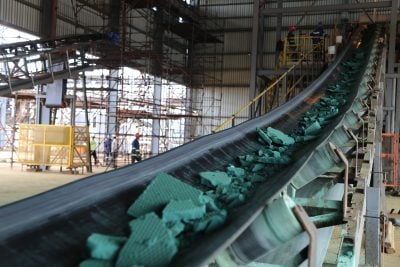Akinwumi Adesina, the president of the African Development Bank, has said the decision by Nigeria’s government to allow large-scale food importation risks destroying the country’s agriculture sector.
On July 10 Nigeria’s minister for agriculture Abubakar Kyari said that the federal government would suspend duties, tariffs, and taxes on the importation of maize, husked brown rice, wheat, and cowpeas through the country’s land and sea borders, for 150 days.
However, Adesina, himself Nigerian minister of agriculture from 2010 to 2015, decried the policy in a speech to African leaders of the Anglican Church in Abuja.
“Nigeria’s recently announced policy to open its borders for massive food imports, just to tackle short-term food price hikes, is depressing,” he said.
He warned that the policy could undermine private investments in Nigeria’s agriculture sector.
“Nigeria cannot rely on the importation of food to stabilise prices. Nigeria should be producing more food to stabilise food prices, while creating jobs and reducing foreign exchange spending – that will further help stabilise the naira,” he said.
The government of President Bola Tinubu has been under pressure to allow the importation of food in a bid to tackle runaway food price inflation, which quickened to 40.9% in June from 40.7% a month earlier.
Minister Kyari also confirmed that the government will import 250,000 metric tons of wheat and 250,000 metric tons of maize. These semi-processed commodities will be supplied to small-scale processors and millers across Nigeria. Imported food commodities will be subjected to a recommended retail price, the minister said.
But Adesina argued that Nigeria “must feed itself with pride” and warned that “a nation that depends on others to feed itself, is independent only in name.”
“Nigeria cannot import its way out of food insecurity,” he said. “Nigeria must not be turned into a food import-dependent nation.”
Adesina’s two terms at the helm of the African Development Bank will draw to a close in September 2025, with candidates already lining up in the race to replace him.
Government pursues additional policies
As well as allowing the importation of food, Kyari also unveiled plans to ramp up production for the 2024/2025 farming cycle.
That would include measures such as support for smallholders during the wet season; strengthening dry season farming; embarking on “aggressive” mechanisation; increasing irrigation and land under cultivation; and boosting livestock farming.
“As our nation confronts this critical food security challenge, I reiterate President Tinubu’s unwavering commitment to achieving food security and ensuring that no Nigerian goes to bed hungry,” Kyari said.
“My team and I will work swiftly and diligently to actualise these crucial policies, ensuring food security for everyone in the immediate term while continuing our strategies for long-term interventions to address underlying causes and ensure sustainable and resilient food systems in Nigeria,” the minister said.
Want to continue reading? Subscribe today.
You've read all your free articles for this month! Subscribe now to enjoy full access to our content.
Digital Monthly
£8.00 / month
Receive full unlimited access to our articles, opinions, podcasts and more.
Digital Yearly
£70.00 / year
Our best value offer - save £26 and gain access to all of our digital content for an entire year!
 Sign in with Google
Sign in with Google 



